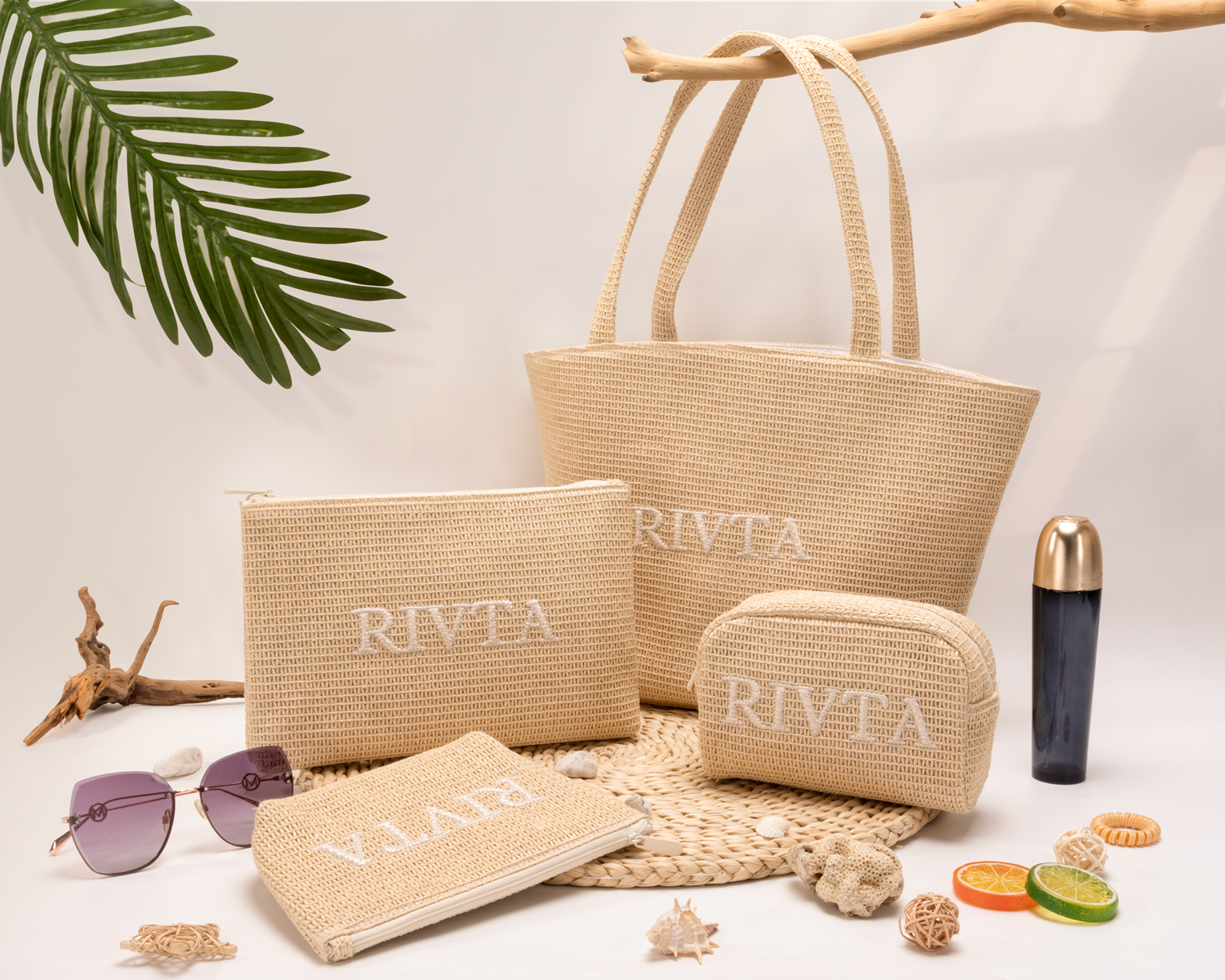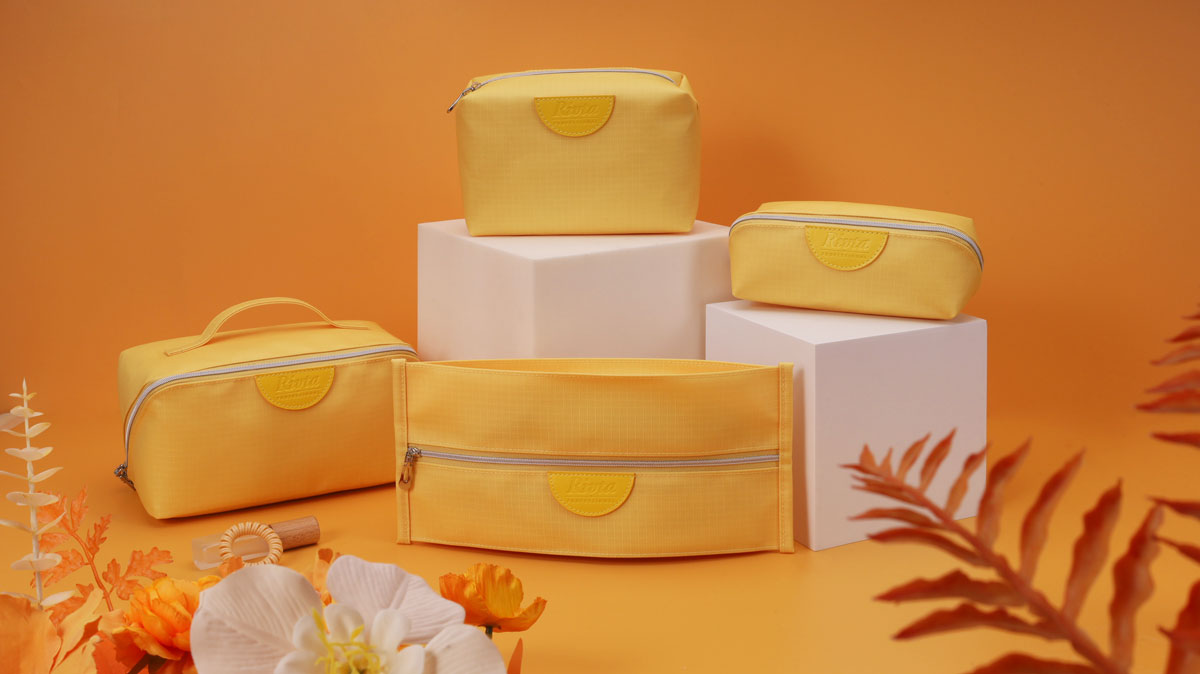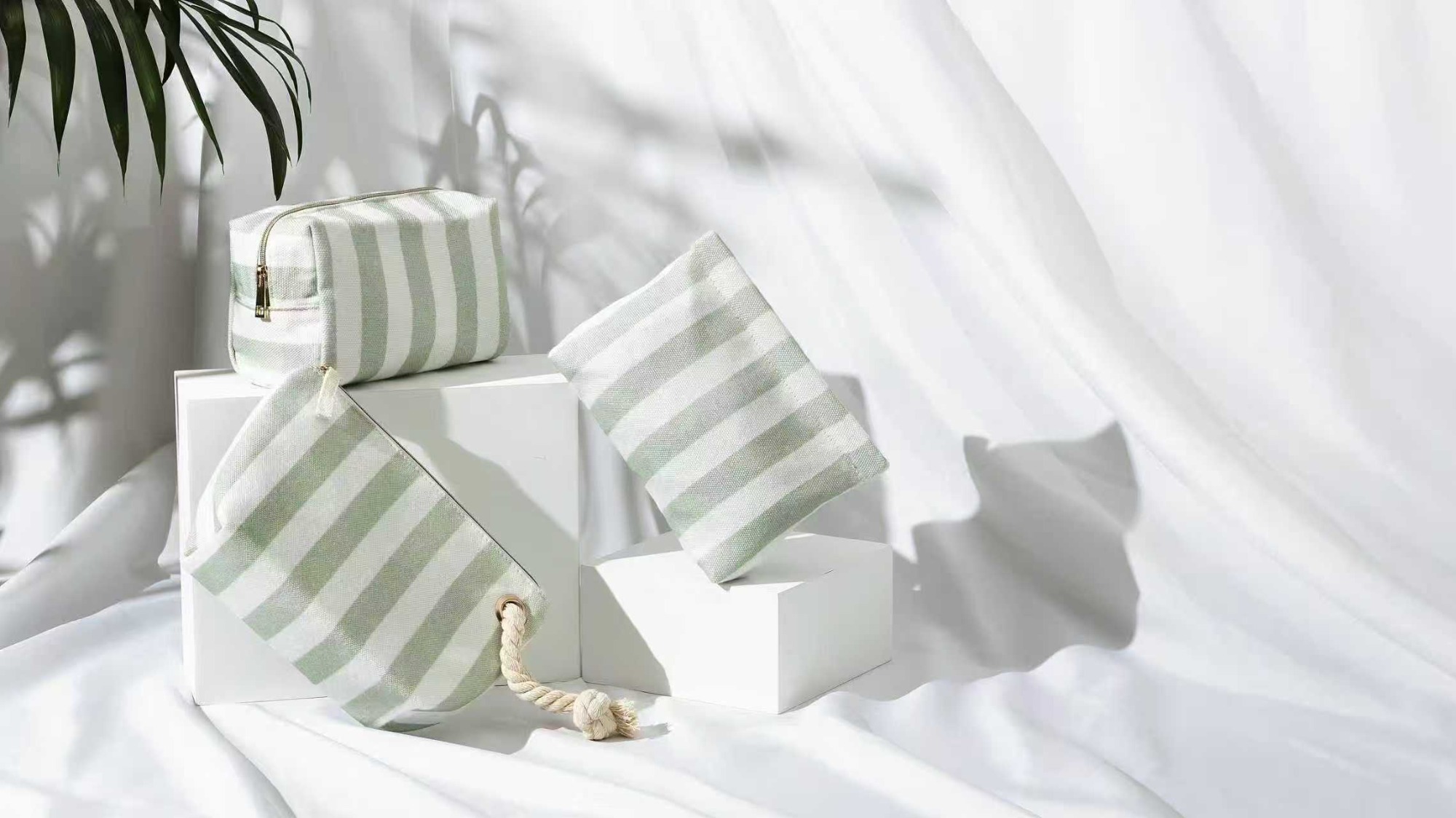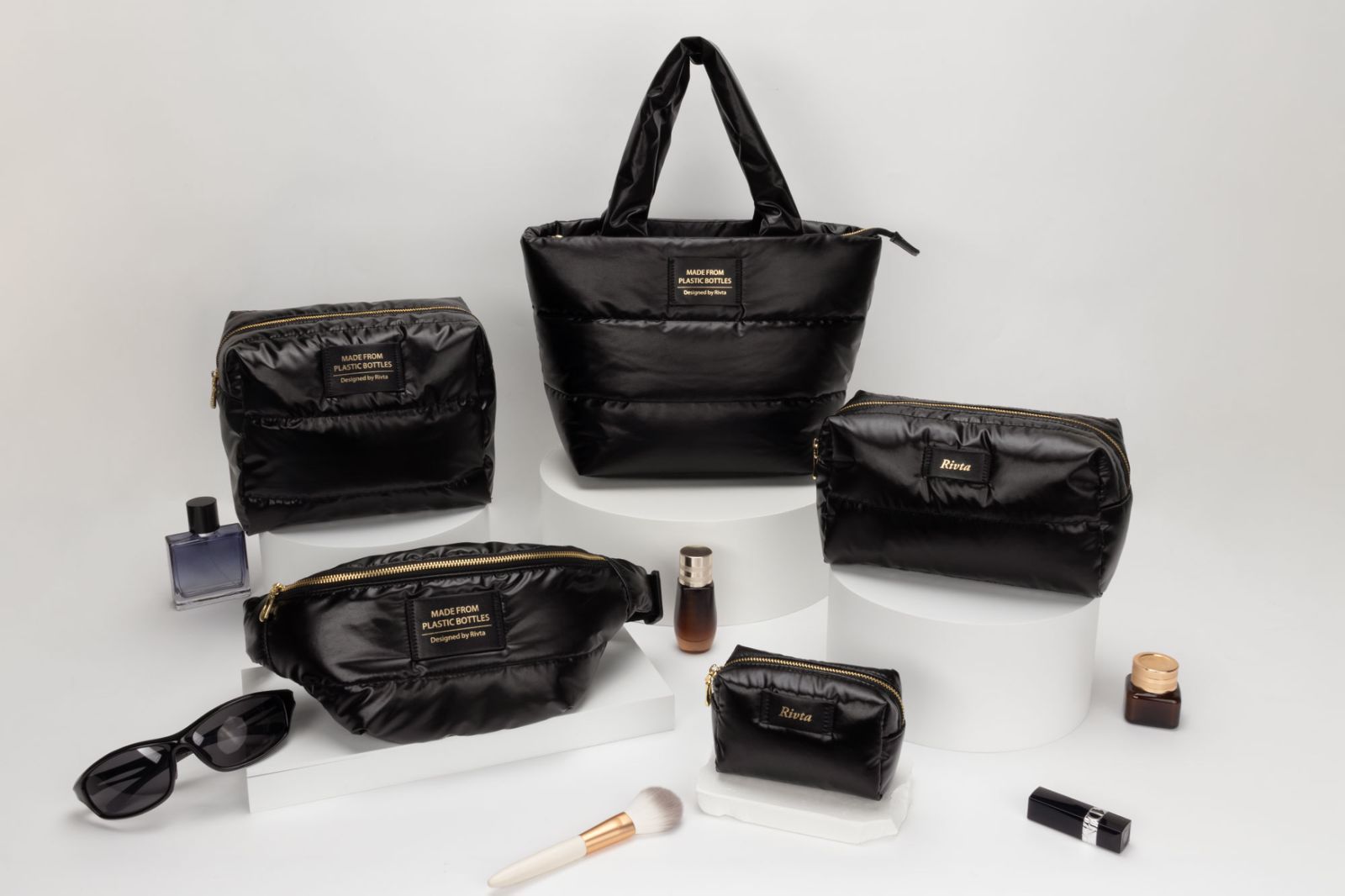Are You Looking for Recommendations on Private Label Skin Care Manufacturers?
Starting a skin care line is exciting, but finding the right manufacturer feels impossible. You need a partner you can trust. Let's make this process clear and simple.
To find the right private label skincare manufacturer, you need to understand your brand strategy, the development process, and how to vet partners. A good manufacturer offers stock formulas you can brand as your own, speeding up your launch and reducing initial costs.
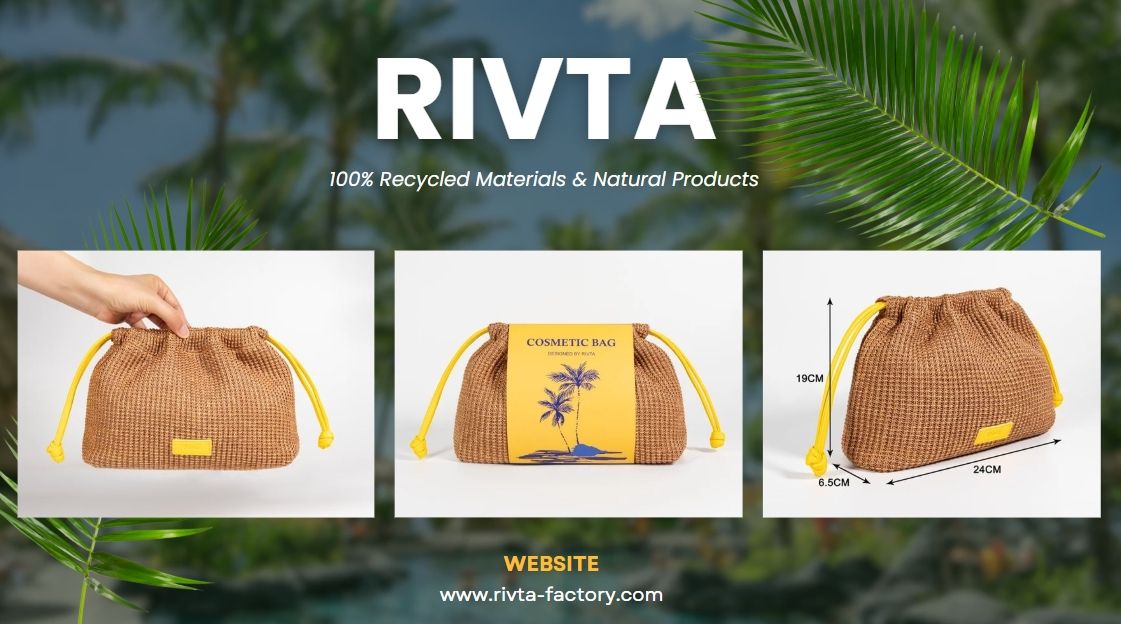
In my 30 years of making cosmetic bags, I’ve worked with hundreds of brands launching new products. I've seen project managers like Phoebe spend months searching for the right skincare partner. While I make the packaging, I see the whole process. I've learned what separates a good manufacturing partner from a bad one. I want to share some of that knowledge to help you find the perfect fit for your brand, so you can focus on building a business your customers will love.
What is the difference between a manufacturer and a private label?
The terms get confusing, and picking the wrong path can waste time and money. Do you need a fully custom formula or a ready-to-go product? Let's clear this up.
A general manufacturer can create a custom product from your unique formula (contract manufacturing). A private label manufacturer offers their own pre-developed, tested formulas that you can put your brand's label on. It is a faster, lower-risk way to start.
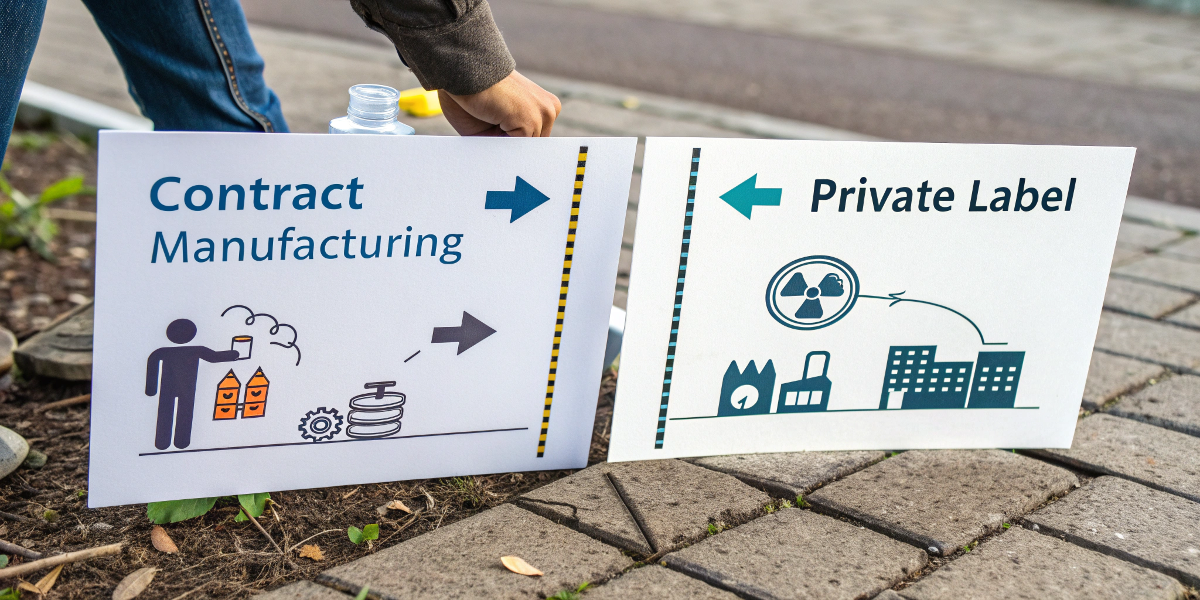
Think of it like this: contract manufacturing is like hiring an architect to build a custom house from scratch. Private labeling is like buying a beautiful new model home and then decorating it yourself. I see this with my packaging clients all the time. Some need a completely new bag designed just for them. Others, especially new brands, want to choose from our successful designs to get to market faster.
Understanding Your Options
Both paths lead to a final product, but the journey, cost, and time are very different. Your choice depends on your budget, timeline, and brand vision.
| Aspect | Contract Manufacturing | Private Label Manufacturing |
|---|---|---|
| Formula | You provide a unique formula or pay for custom R&D. | You choose from the manufacturer's existing formulas. |
| Minimum Order (MOQ) | Usually very high (e.g., 10,000+ units). | Much lower (e.g., 500-1,000 units). |
| Speed to Market | Slow (6-18 months) due to development and testing. | Fast (1-3 months) since formulas are ready. |
| Cost | High initial investment in R&D and high MOQs. | Low startup cost, no R&D fees. |
| Best For | Established brands with a unique product concept. | New brands, spas, or retailers wanting a quick launch. |
For most new brands, private label is the smartest first step. It lets you test the market without a huge financial risk.
What is a private label strategy?
Just putting a logo on a bottle is not a strategy. You will get lost in a crowded market. You need a clear plan to make your private label brand a success.
A private label strategy is your plan for creating a unique brand identity using existing products. It involves defining your target customer, selecting products that solve their problems, and creating compelling branding and marketing that makes your product stand out.
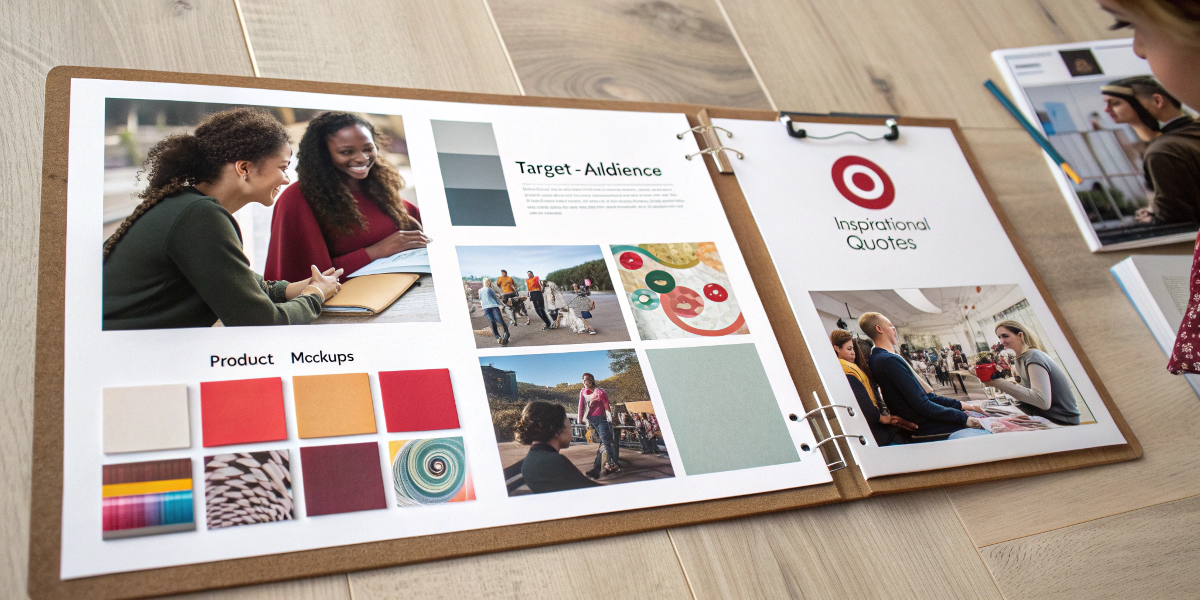
A brand's strategy is its soul. I've seen some of my clients, like Phoebe's company, succeed wildly because they had a clear vision. They weren't just selling a cream in a bag I made; they were selling a solution to a specific problem for a specific person. One client focused only on vegan, cruelty-free products for sensitive skin. Every choice, from the formula to the recycled RPET bag we made for them, supported that strategy.
Building Your Brand's Foundation
A strong strategy is built on a few key pillars. Answering these questions will give you a clear direction for your brand.
| Pillar | Key Question to Answer | Why It Matters |
|---|---|---|
| Target Audience | Who are you selling to? What are their values and problems? | This guides your product selection, branding, and marketing. |
| Brand Identity | What is your brand's personality? (e.g., clinical, natural, fun) | This defines your logo, colors, and packaging choices. |
| Niche & Positioning | How is your brand different from competitors? (e.g., price, ingredients) | This gives customers a reason to choose you. |
| Product Curation | Which products from the manufacturer align with your brand? | You are building a collection, not just selling single items. |
A successful strategy makes your brand feel intentional and trustworthy. It's the difference between a product that sells and one that sits on the shelf.
How do I start a private label product?
You have a great idea, but the steps to launch feel overwhelming. Where do you even begin? Let's break it down into a simple, manageable process from start to finish.
To start, first research your niche and define your brand. Then, find and vet potential manufacturers, test their product samples, and develop your branding. Finally, select your packaging, place your first order, and create a marketing plan for your launch.
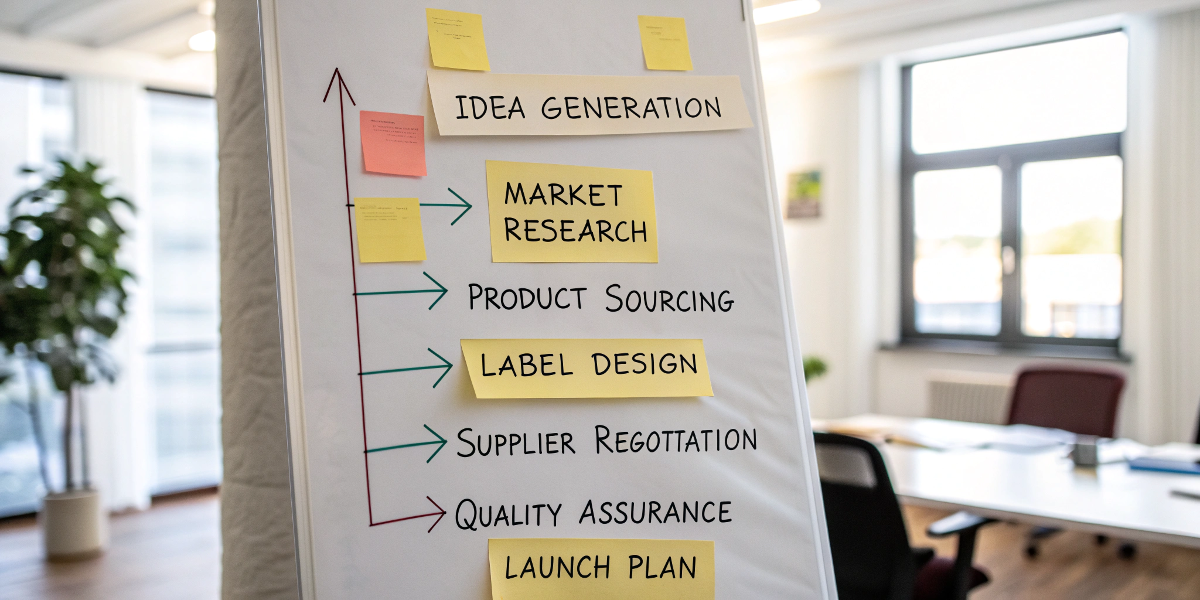
The journey of a thousand miles begins with a single step. I always tell my new clients not to get overwhelmed. Just focus on the next right step. I remember helping a small startup that was completely lost. We sat down and made a simple checklist, starting with her brand name and ending with the shipping date for her first batch of cosmetic bags. It made everything feel possible.
Your 5-Step Launch Plan
- Step 1: Plan Your Brand. Before you look for a manufacturer, know who you are. Define your target customer, brand name, and the types of products you want to sell (e.g., anti-aging, acne-focused).
- Step 2: Find & Vet Manufacturers. Search online for "private label skincare." Create a shortlist of 3-5 potential partners. Check their MOQs, product catalogs, and certifications (e.g., GMP, organic).
- Step 3: Test Samples. This is the most important step. Order samples of the products you are interested in. Test them on yourself and on friends. Does the quality match your brand's promise?
- Step 4: Design Your Brand. While testing samples, start working on your logo, product labels, and website. Make sure your branding looks professional and appeals to your target customer.
- Step 5: Place Your Order. Once you approve the samples and finalize your branding, you are ready. Place your first order for products and packaging. Now, you can start preparing for your launch.
What is the process of private label development?
You've chosen a manufacturer. What happens next? Understanding the factory's process helps you plan your timeline and manage your project smoothly, avoiding delays and surprises.
The private label development process starts with selecting a base formula from the manufacturer's catalog. Then, you test and approve samples, design your packaging and labels, and approve the final artwork. After that, the manufacturer produces, fills, and labels your products for shipping.
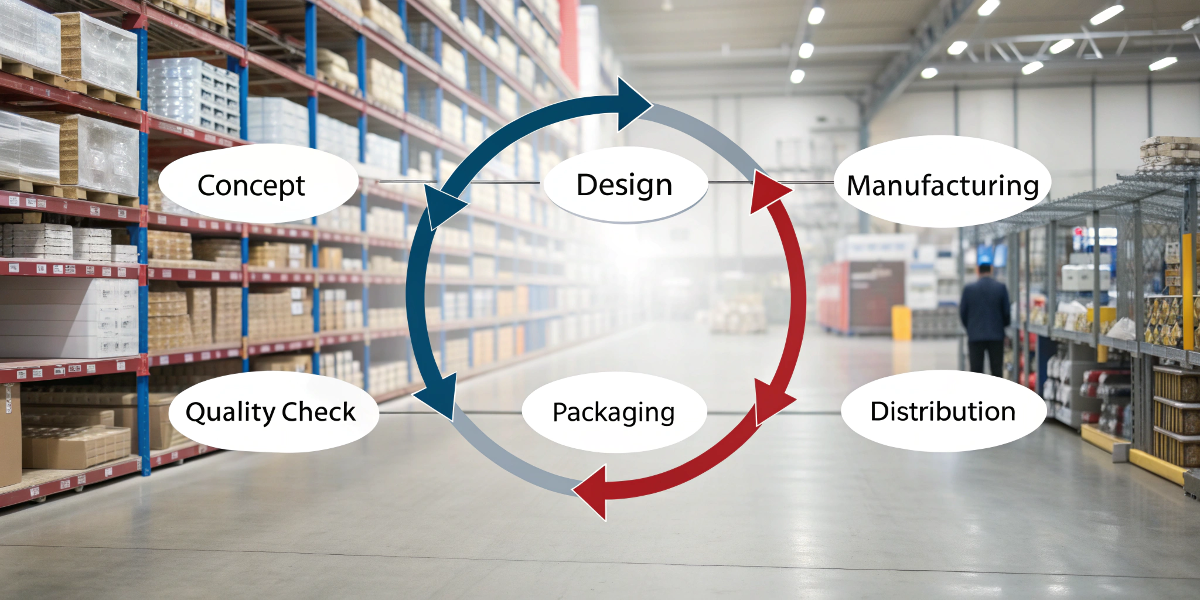
This process is a partnership. Communication is key. As a packaging manufacturer, my team and I work very closely with our clients and their skincare labs. We coordinate timelines to make sure the bags or boxes are ready when the products are filled. A delay in one area affects everything else. For project managers like Phoebe, having a clear process map is essential for keeping the launch on schedule.
From Formula Selection to Finished Product
Here’s a typical timeline of what to expect after you have chosen your private label partner. Each step requires your approval before moving to the next one.
| Stage | What Happens | Your Role |
|---|---|---|
| 1. Product Selection | You choose base formulas from the manufacturer's library. | Select products that fit your brand strategy. |
| 2. Sampling | The manufacturer sends you samples of the chosen products. | Test the samples thoroughly for quality and efficacy. |
| 3. Packaging & Design | You finalize your component (jars, bottles) and label design. | Provide final, print-ready artwork to the manufacturer. |
| 4. Production | The manufacturer orders all materials and produces your products. | Wait patiently and get regular updates. |
| 5. Shipping | Your finished, branded products are shipped to you. | Prepare to receive inventory and launch your brand. |
Knowing this process helps you ask the right questions and understand where your project is at all times. It turns a complex operation into a series of clear, manageable steps.
Conclusion
Starting a private label skincare line is about having a clear strategy and finding the right partners. Follow these steps, and you will be ready to launch your brand with confidence.
